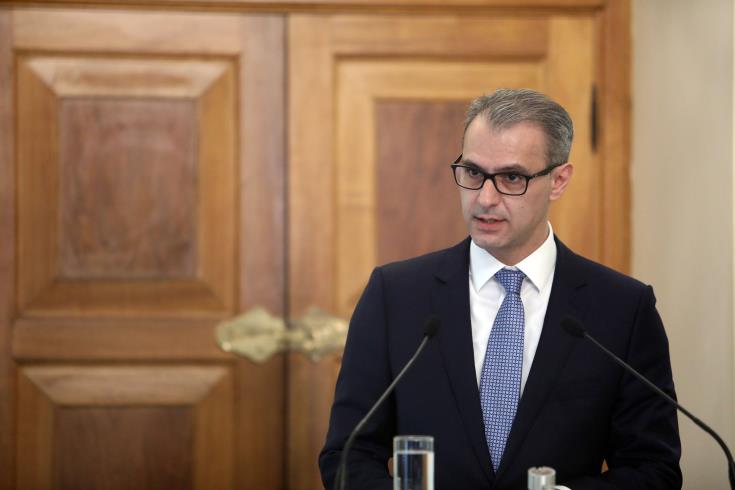A nine-month loan repayment freeze and a €1.4 bln capital release issued to the banks, gave time for the economy to recover from the shock of COVID-19 lockdown, said Cyprus Central Bank Governor Constantinos Herodotou.
Speaking in a web discussion organised by the UCL Alumni Cyprus Club and the non-profit organisation Oxygono, Herodotou described the coronavirus outbreak as “an unprecedented and severe exogenous crisis”.
He warned that due to uncertainty both economic activity and consumption will not return to the pre-COVID-19 area soon.
Uncertainty, he said, affects the consumption of households which increase savings, while enterprises hold back investments.
On the shape of economic recovery, the CBC Governor argued that economic recovery will be V-shaped only due to the return of economic activity compared with the lockdown phase when there was no activity.
He cautioned however that GDP growth will not return to the pre-crisis levels until 2022.
Turning to the measures taken in the banking sector, Herodotou said the capital release issued to banks gave them room to cushion possible losses due to the crisis.
Following regulatory decisions by the ECB’s Single Supervisory Mechanism, the CBC allowed banks to operate below their regulatory capital level’s in a bid to continue lending to the economy and to absorb losses that may arise as a result of Covid-19.
“We released capital of almost €1.5 bln to allow the banks to give new loans to the economy and to absorb possible losses from restructurings and to cushion losses from non-performing loans that may arise from the crisis.”
Herodotou said the nine-month loan repayment moratorium, is one of the longest and widest in the euro area, as well as the guidance issued to proceed with swift debt restructuring in a way that would be cost-neutral both for the banks as well as the borrowers.
“As long as there is uncertainty on the duration and the depth of the crisis, the moratorium provides protection both to households and businesses for nine months.
Either if they pay their loans or not these loans will not be classified as non-performing at least until end 2020.”
He pointed out that debt repayment moratorium will be helpful as lockdown measures are lifted and economic activity gradually returns.
“As lockdown measures are being relaxed, cash flow is returning for households and businesses, while the moratorium continues to provide protection.
The moratorium gives everybody, the banks and businesses and households, time to recapture their cash flow in order to reservice again their loans and to restructure them as they come out of the moratorium.” he said.
The ECB Governing Council increased the Pandemic Emergency Purchase Programme (PEPP) firepower from €750 bln to €1,350 bln and extended its duration until mid-2021.
“This should give further comfort to the markets that the ECB is here to support and sustain the bond markets which, in return, will enable the euro area member-states to go out to the markets, to extend their finances, raise capital to tackle the consequences to the economy with fiscal measures,” Herodotou said.









